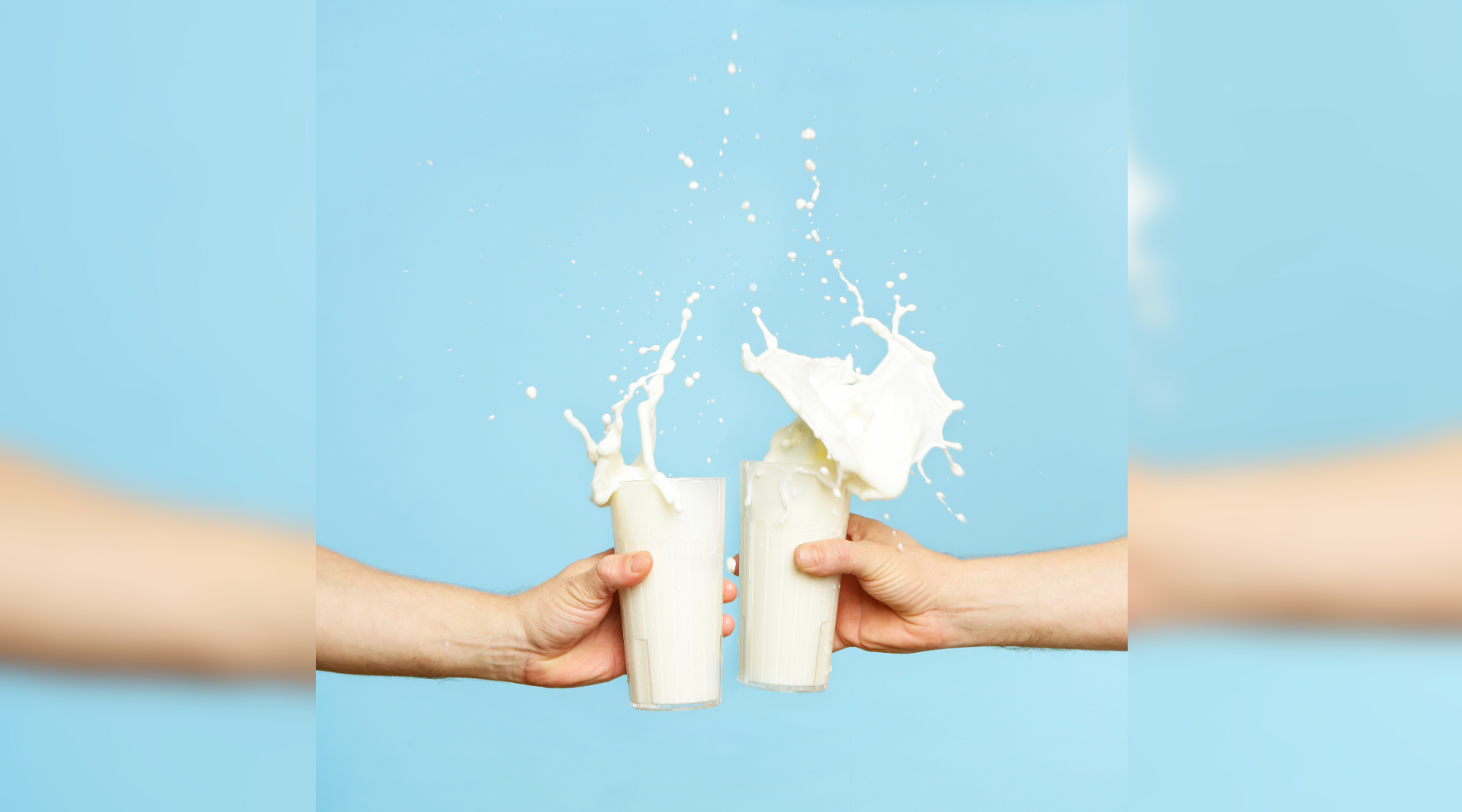Adam’s Journal
Over Thanksgiving, my son mentioned to me that he’d been having some issues with lactose intolerance. However, he said he’d overcome them through something I will call a dairy boot camp, where he consumed a lot of milk products to train his gut to tolerate them.
This was the first I’d heard that there might be a way to overcome lactose intolerance. What do you think?
Dr. Scofield Prescribes
As far as we know, humans are the only mammals who maintain the ability to digest milk after weaning. And among human adults, roughly two-thirds of us lose that ability to digest lactose, the main sugar in milk.
The key to digesting lactose is an enzyme called lactase. Normally, the activity of the gene that produces lactase declines after infancy, with research suggesting this gene gets switched off by chemicals that control gene activity.
This so-called epigenetic modification, though, does not happen in people who are lactose tolerant. For them, the gene stays on, and their bodies continue to produce lactase, which allows them to keep digesting the lactose in milk products.
The proportion of those who are lactose intolerant varies widely among ethnic groups. This makes sense. As with many genetic traits, it likely was more important for survival among certain populations – for instance, those with access to dairy animals they could domesticate – than others.
As I mentioned, lactose intolerance occurs when chemicals in your body switch off a specific gene. It might at least be theoretically possible to switch those genes back on, but I’m unaware of any promising approaches to accomplish this. And I’ve definitely not read or heard of any studies suggesting that overloading one’s system with milk products would flip this genetic switch.
If anything, a flood of milk products might cause something like the opposite effect, resulting in greater – rather than less – lactose intolerance.
I did find an old study that looked at whether chronic lactose consumption decreased the severity of symptoms in people who were lactose intolerant. The scientists leading the analysis thought – not unlike your son’s idea – that exposure to lactose might cause the gut to adapt.
While study participants showed improved symptoms, so did a control group who believed they were getting lactose but were actually getting a different sugar (sucrose). So, the improvements in symptoms reported by participants were likely attributable to the placebo effect.
Not surprisingly, to date, the best way we’ve found to avoid the symptoms of lactose intolerance is pretty simple: Avoid, or at least limit, milk products whenever possible.
That said, researchers are looking at other ways to relieve the symptoms of lactose intolerance. One promising approach involves the use of “prebiotics” to change the population of our intestinal microbes to encourage lactose-digesting bacteria.
Although this doesn’t alter the fundamental genetic and epigenetic issues at the root of lactose intolerance, in early-stage clinical trials, people taking prebiotics showed a shift in their intestinal microbes. They also reported improved lactose tolerance.
So, even if you are a lactose-intolerant lover of ice cream or cheese, do not despair. There may yet be hope.
–
Adam Cohen is senior vice president and general counsel at the Oklahoma Medical Research Foundation. Dr. Hal Scofield is a physician-scientist at OMRF, and he also serves as Associate Chief of Staff for Research at the Oklahoma City VA Medical Center. Send your health questions to contact@omrf.org.



